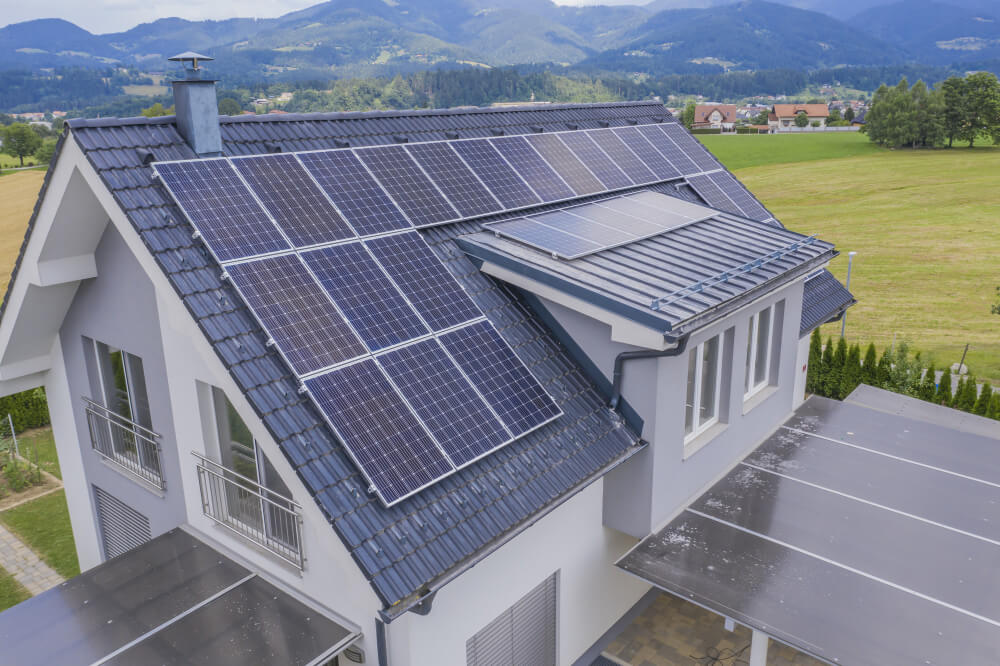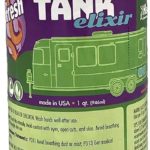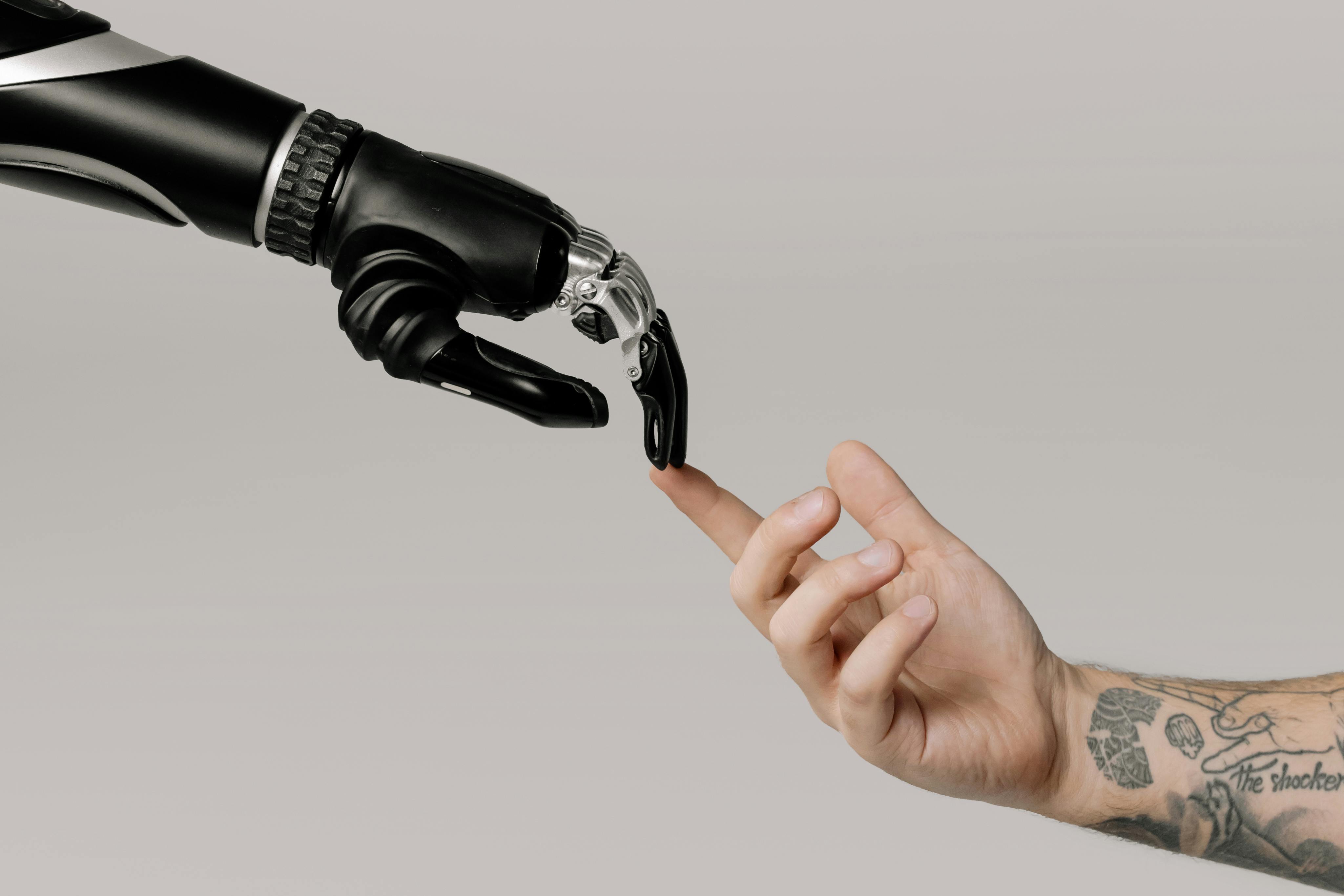With Nigeria’s frequent power outages, more homeowners are turning to solar energy for a reliable and cost-effective electricity supply.
But having solar panels alone isn’t enough—you need a good solar inverter to convert the energy into usable power for your home appliances.
Choosing the right solar inverter can be challenging, especially with so many options available.
Factors like power capacity, battery compatibility, efficiency, and durability all play a role in finding the best fit for your household needs.
When it comes to choosing the top-rated solar inverters for homes, many homeowners have the same questions:
- Which inverter is the most reliable for frequent power outages?
- What capacity do I need to power my home appliances?
- Are there affordable options that still offer good performance?
- How do I maintain my inverter for long-term efficiency?
If you’ve been asking yourself these questions, you’re not alone. With Nigeria’s frequent power cuts, having a reliable solar inverter can make life much easier by ensuring a steady power supply.
In this comprehensive guide, we’ll cover everything you need to know about choosing the best solar inverter for your home.

Understanding Solar Inverters
A solar inverter is the heart of any solar power system. It converts the direct current (DC) electricity produced by your solar panels or batteries into alternating current (AC), which powers your home appliances.
Without an efficient inverter, even the best solar panels won’t be of much use.
Types of Solar Inverters
There are three main types of solar inverters:
Pure Sine Wave Inverters:
These provide smooth and stable power, making them ideal for sensitive electronics such as computers, televisions, and refrigerators.
They are slightly more expensive but are the best option for long-term use.
Modified Sine Wave Inverters:
These are more affordable but produce a less stable power output, which can affect the performance of some appliances.
They are best for basic power needs like charging phones or running simple appliances.
Hybrid Inverters:
These work with both grid electricity and solar power, allowing for automatic switching between the two.
They are an excellent option for areas with inconsistent grid power.
What to Consider When Choosing a Solar Inverter
Nigeria’s power supply can be unpredictable, so your inverter needs to be tough, efficient, and suited to your electricity needs.
Here are the key things to look for:
Power Capacity
The size of your inverter depends on the total wattage of the appliances you want to power. Here’s a rough guide:
- 1.5kVA Inverter – Suitable for basic setups (lights, fans, and small appliances like TVs and laptops).
- 3.5kVA Inverter – Can handle larger setups with fridges, TVs, and multiple fans.
- 5kVA and above – Ideal for running air conditioners, pumping machines, and other heavy appliances.
Battery Compatibility
Your inverter works hand in hand with batteries. Look for deep-cycle batteries, which provide steady power over long periods.
Popular battery options include:
- Lead-acid batteries – Affordable but require maintenance.
- Lithium-ion batteries – More expensive but last longer and require little maintenance.
Efficiency and Durability
Choose inverters that can handle frequent voltage fluctuations and have built-in surge protection.
Heat management is also critical, especially in Nigeria’s hot climate.
Price and Warranty
While affordability is essential, quality should not be compromised.
Check for warranty periods and ensure that the brand has good after-sales support in Nigeria.
Top 5 Best Solar Inverters for Nigerian Homes
Luminous Cruze 3.5kVA Inverter
Best for Large Homes
- Pure sine wave technology
- Supports heavy appliances like refrigerators and air conditioners
- 24-month warranty
Sukam Falcon+ 2kVA Inverter
Best for Mid-Sized Homes
- High efficiency and long-lasting performance
- Works well with solar panels
- Protects against voltage fluctuations
Mercury 5kVA Solar Hybrid Inverter
Best Hybrid Option
- Runs on both solar and grid power
- Great for areas with low electricity supply
- LCD display for easy monitoring
Prag 3.5kVA Inverter
Best Value for Money
- Strong surge protection
- Efficient battery charging system
- Good customer support in Nigeria
Bluegate 1.5kVA Inverter
Best for Small Homes
- Budget-friendly
- Perfect for powering basic appliances
- Lightweight and easy to install
How to Set Up Your Solar Inverter System
Installing a solar inverter system involves several steps:
- Assess Your Power Needs – List all the appliances you want to power and calculate the total wattage.
- Choose the Right Inverter and Battery – Select a system that can handle your energy needs.
- Install Solar Panels (Optional) – If using solar energy, ensure panels are positioned for maximum sunlight.
- Set Up the Inverter – Connect the inverter to the battery and your home’s power system.
- Test the System – Run your appliances and monitor performance.
If you’re unsure about installation, consider hiring a professional to ensure a safe and efficient setup.
Tips for Maintaining Your Solar Inverter
To keep your inverter running smoothly for years, follow these simple maintenance tips:
Use the right batteries – Always pair your inverter with high-quality deep-cycle batteries.
Don’t overload it – Running too many appliances can damage the system and shorten its lifespan.
Keep it in a cool, ventilated space – Heat can reduce efficiency and lead to breakdowns.
Regular servicing – Check connections, clean battery terminals, and update software if needed.

Common Problems with Solar Inverters and How to Fix Them
Inverter Not Turning On
- Check battery connections and voltage levels.
- Ensure the power switch is on.
Low Backup Time
- Batteries may be old and need replacement.
- Reduce the number of connected appliances.
Overheating
- Keep the inverter in a well-ventilated area.
- Clean dust and debris from vents.
Unusual Noises
- This could indicate an internal fault. Contact a technician for troubleshooting.
Conclusion
Investing in a high-quality solar inverter is crucial for maximizing the benefits of solar energy in your home.
With Nigeria’s unreliable power grid, a dependable inverter ensures a steady supply of electricity, reduces reliance on generators, and helps cut down on electricity costs in the long run.
When choosing the best solar inverter for your home, consider your energy needs, budget, and long-term goals.
Look for models with high efficiency, durability, and good after-sales support. Brands like Luminous, Sukam, Mercury, and Schneider Electric offer excellent options that cater to different household requirements.
By making an informed choice, you can enjoy uninterrupted power, save money on fuel, and contribute to a more sustainable energy future.
If you have experience with any of these inverters or need more recommendations, feel free to share your thoughts in the comments below!





